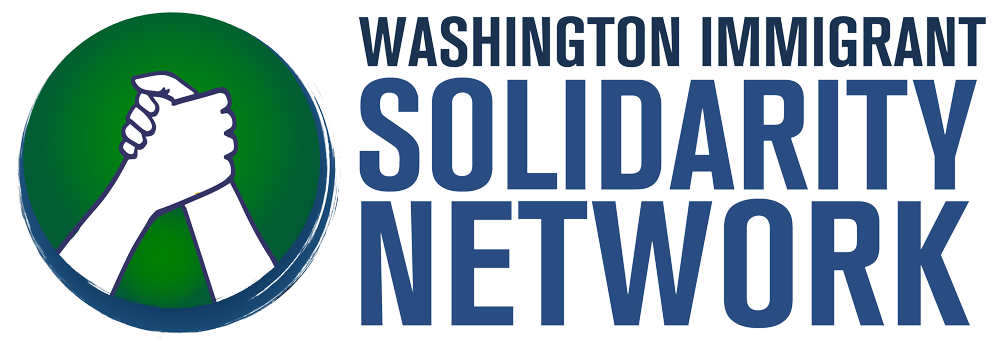Health Equity para sa mga Immigrant
The Health Equity for Immigrants Campaign was initially centered around passing a bill within the state legislature to provide extensive health care access for immigrants across Washington state by law. During the 2023 legislative session we were successful in securing a budget to fund the following; $49.5M to fund a medicaid-equivalent program that would serve adults of all statuses with low incomes, $110M in state funding for Cascade Care Savings subsidies with $10M in subsidies for undocumented individuals, and $3.7M to support with outreach, customer assistance & admin for the new programs.
This was seen as a need for our immigrant communities in Washington State and unfortunately came to light during the 2020 COVID-19 pandemic. It was clear that our communities should not go without access to health care.
The current coverage programs will serve immigrant communities of all statuses.
WAISN is leading the HEI Campaign in coalition with the following organizations; ACLU-WA, Asian Counseling and Referral Service (ACRS), Columbia Legal Services, & Legal Voices. Our legislative champion for this campaign has been Representative My-Linh Thai of the 41st Legislative District.
Join WAISN Action Network to stay up to date on our primary campaigns and get notified about calls to actions. If your organization would like to support the HEI Campaign, have a representative sign the organizational sign-on form.
In 2023, we successfully achieved a budget proviso to provide healthcare access to immigrants across Washington state, but we still have a lot more work to do. The new programs won this past session are expected to cover less than 20,000 people by 2025, fewer than 20% of Washington’s immigrant and refugee community residents.
Washingtonians who have been asked to put their health needs on hold are being asked to continue waiting. Further expansion through increased funding is crucial to ensuring that every Washingtonian will have access to healthcare services. Our health equity focus groups identified numerous recurring barriers for diverse communities accessing equitable healthcare, including the cost of healthcare services, lack of cultural competency, and poor language access.
This year, we are advocating for another budget proviso that is in alignment with our values and mission, and we will continue to represent and vocalize our communities’ concerns during the government’s implementation and outreach process as the state builds new programs. Ensuring that the newly won programs are affordable and accessible to all is a top priority.
